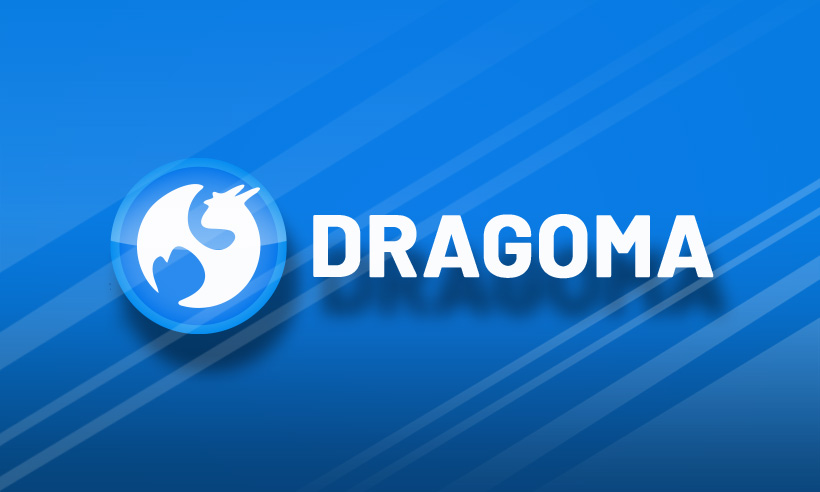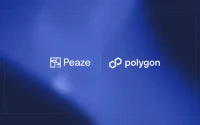Scroll, Ethereum Scaling Solution, Secures $50m
Ethereum Layer 2 network Scroll has raised $50 million in a new funding round, with investors including Polychain Capital, Sequoia China, Bain Capital Crypto, and more. The funding will be used to expand Scroll’s ecosystem and build its product, with the mainnet launch expected in the next three to four months.
Chinese team’s Ethereum Layer 2 network Scroll raised $50 million in new funding at $1.8 billion. Investors included Polychain Capital, Sequoia China, Bain Capital Crypto, Moore Capital Management, Variant Fund, Newman Capital, IOSG Ventures and Qiming Venture Partners.… https://t.co/ofs8Q6STbT
— Wu Blockchain (@WuBlockchain) March 6, 2023
Speed Boost with zk-Rollups
Scroll’s technology uses zk-rollups, a zero-knowledge proof technology, to process transactions off Ethereum on its own network, then port the transaction data back to Ethereum. The zkEVM batches transactions and generates proof that the transactions are legitimate, which is then broadcast to Ethereum, making it possible to approve transactions with greater speed and efficiency.
Sandy Peng, Scroll’s co-founder, said the company’s three core values — community-driven, security first, and decentralization at every level — give it a competitive edge. Scroll aims to scale Ethereum to a billion users and has already achieved strong traction on its pre-alpha TestNet, which saw one million unique addresses and 16 million transactions.
$1.8B Valuation
The new funding brings Scroll’s total to $83 million, with a source with direct knowledge of the matter stating that the round brings the company’s valuation to $1.8 billion. Scroll previously raised $33 million in two funding rounds, but had not disclosed its valuation at the time. With the additional capital, Scroll plans to expand its team from around 60 to nearly 100 in the near future, said Peng. The company will continue building its product and expanding its ecosystem in preparation for the mainnet launch.
Scroll is one of several Ethereum scaling networks that use zk-rollups, alongside Polygon, StarkWare, and Matter Labs. By reducing costs and increasing transaction speed, these networks are making it possible for Ethereum to be used on a larger scale, with more users and more applications. As Ethereum continues to grow in popularity, Layer 2 solutions like Scroll will play an increasingly important role in scaling the network and making it more accessible to a wider audience.



